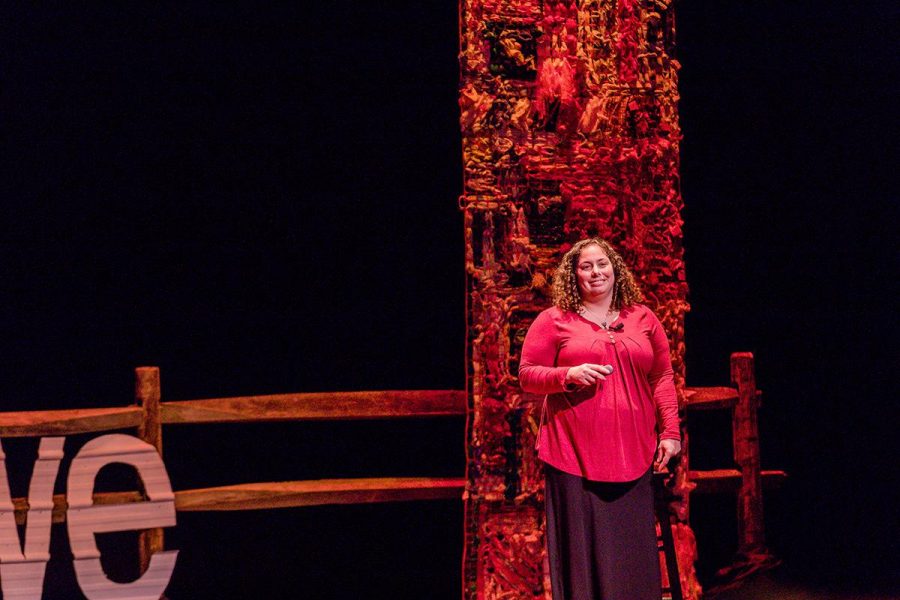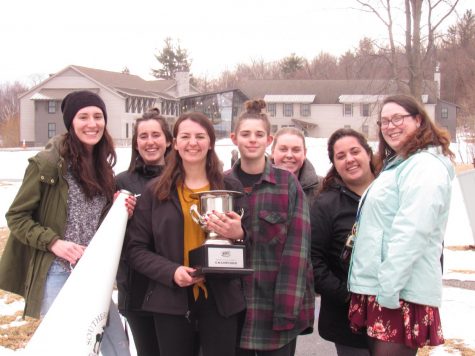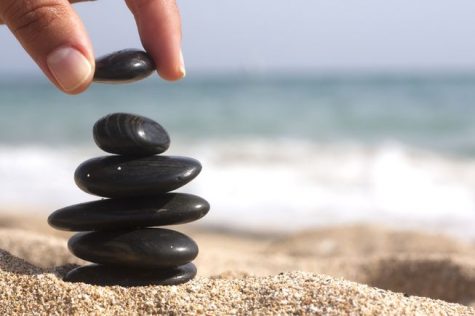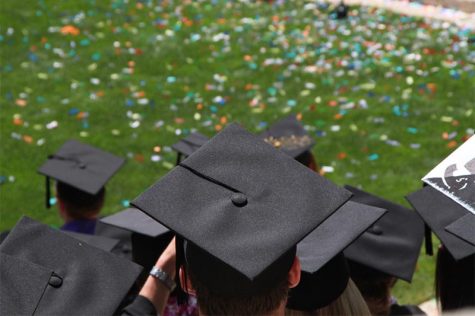Guest Speaker Melody Brook
“We Remember”
On November 8, Professor Tom Redden’s history class was fortunate enough to have guest Melody Brook come to speak with us. Though she recently moved to Virginia, Melody served as the chair of the Vermont Commission on Native American Affairs until leaving the state. As a member of one of the four state recognized nations, Melody is of the East Abenaki tribe, or El-nuba, i.e.“the people” in the Abenaki Algonquin dialect.
Recognizing this distinction was an important part of Ms. Brook’s talk, as her response to the elephant in the room implied: How do we refer to the indigenous people that were here before the Europeans arrived? “Give them back their identity.” She is not a Native American, an Indian, or one of the first people; rather she is the El-nuba, a member of the Abenaki nation, or the “people of the dawn” as they were the first to see the sun rise of the more than 500 indigenous tribes in North America.
This is usually a sensitive topic to descendants of the first people to inhabit the North American continent, but Melody was able to show the audience how these ideas concern all people, not just Native Americans. White people living in the US are not necessarily European Americans, and the same can be said of African Americans, Asian Americans, etc. This is to say that we are not who or what we are perceived to be; we are just who we are.
The problem that tribes like the Abenaki have with this is that they are still trying to remember who they are after centuries of cultural destruction and suppression. One of the first things Melody tackled in her presentation was the history of the Abenaki people, which in many ways is the history of Vermont: In 1759, Major Robert Rogers burned down the Church of Odanak, destroying countless records of the Abenaki people, leaving them with no written connection to who they were. What they do have, though, is oral history and tradition, which tells more about their tribe, and even the land of Vermont, than most written records.
Melody shared with us what she knows to be true: the tale of Gluskabe, who is also known as Oodzee-hozo, or the man who formed himself from dust. In the Abenaki tale, Dalbaldok, or the Creator, created Andokita, or what the Abenaki knew as the world. Satisfied with his creation, he considered his work done. At the same time, Gluskabe came into being, forming himself from the world Dalbaldok had created. As Melody said “he thought Dalbaldok could do better.” He then began to roll across the surface of the earth, shaping the world as he shaped himself, leaving behind mountains and rivers in his path, before creating man, beating back the ice giants dominating the land so that his people could settle there.
According to Melody, this story is how the Wabanaki, both east and west Abenaki tribes, came to settle Vermont. 10,000 years ago when the first people began to move into the area, the last ice age was coming to an end, and just as Gluskabe beat back the ice giants, the glaciers receded, making this land habitable. The point here, though, is that man was the last to arrive, and, as Melody put it, “has the most to learn.” An important lesson for everyone, regardless of ethnicity. In addition to this tale clearly being an explanation for the ending of the Pleistocene Epoch, Gluskabe is a very real figure to Melody and her community. So real, in fact, that the Abenaki god can be visited. If one stands on the shore of Lake Champlain in Burlington, they can spot a rock protruding out of the center. While commonly known as Dunder Rock, to the Abenaki, it is Gluskabe; and it does not simply mark the shore of some Vermont lake; it is the Pitawbagok, or the land between.
Though Melody had much to share about what being Abenaki means to her, this tale had the most impact to me. She quoted author Joseph Bruche, stating “our stories are like flashlights in the dark.” It is only through their stories that the culture of native people has been able to survive into the modern era. Although Melody could only speak for her experience as an Abenaki, what she gave the audience in room 203 was a unique perspective into what it means to be a Native American in the U.S., and how they have been able to maintain their identity through countless hardships. Like Melody said “we remember,” or more precisely, they have not forgotten who they are; a lesson many people can learn from. Thank you, Melody.
Photo belongs to StoweToday.com







